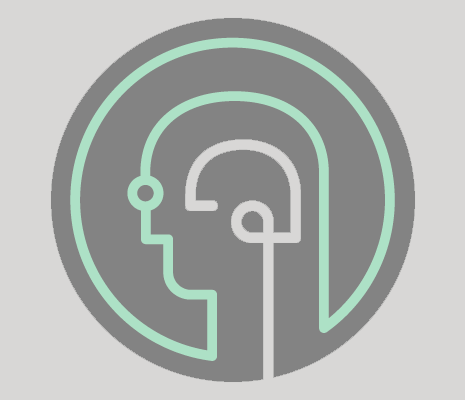MIND Services
With state-of-the-art technology and cutting-edge resources onsite, we’ve created a one-stop shop for the diagnosis, treatment and management of adult neurological disorders.
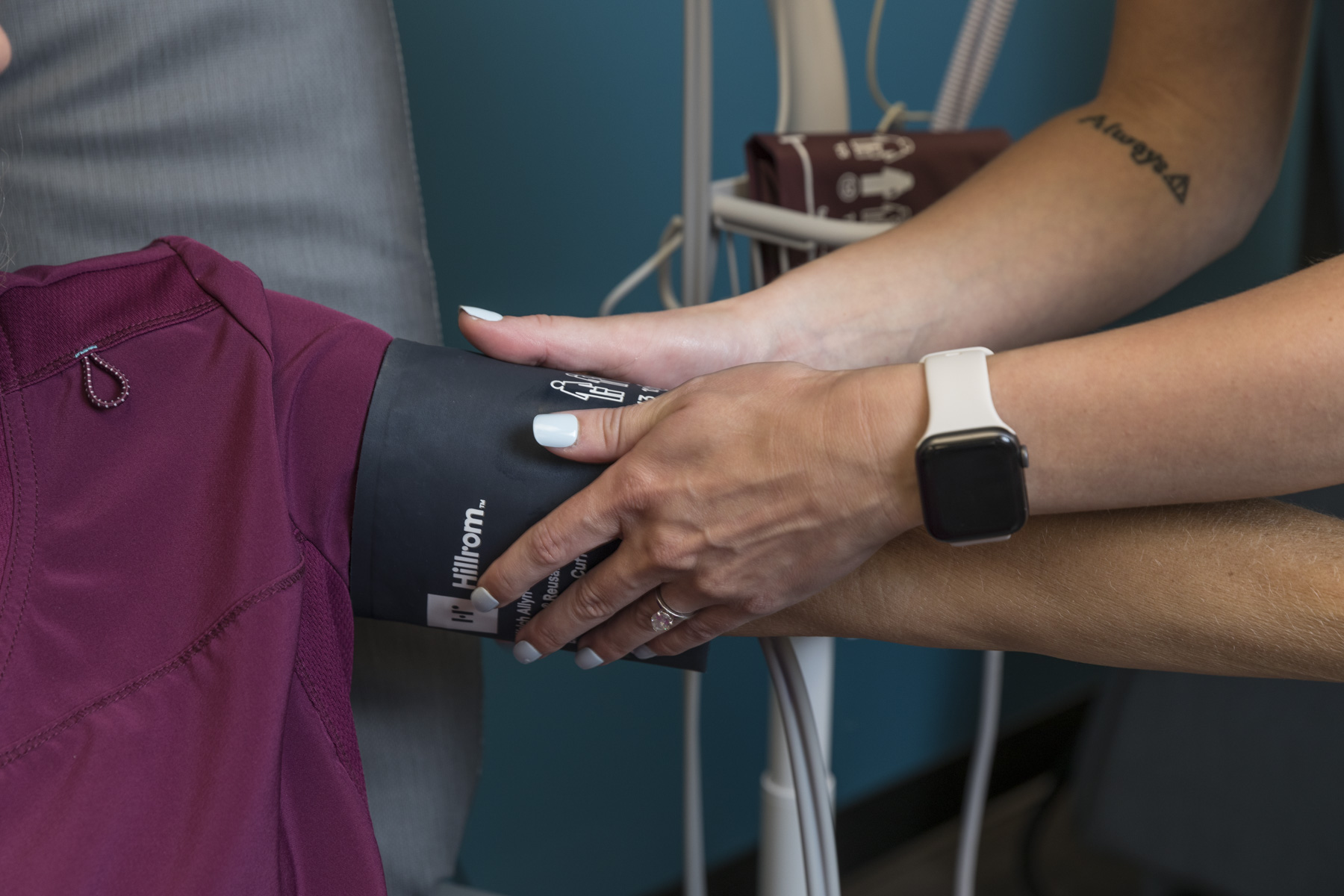
Multiple Sclerosis
The MIND Multiple Sclerosis Center provides comprehensive diagnostic, therapeutic and supportive services to multiple sclerosis patients and their families. Founded in 1999, we are one of the largest private comprehensive MS centers in the country, caring for more than 4,800 MS patients each year.
Alzheimer’s Disease
More than 6 million Americans are living with Alzheimer’s disease and this number is projected to rise to nearly 13 million patients by year 2050. In Michigan, there are more than 200,000 patients over age 65 with Alzheimer’s disease.
Memory Care
The MIND Alzheimer’s Disease & Memory Disorder Center was launched in 2020 and is dedicated to clinical diagnosis, treatment, research and education related to all forms of memory loss and dementia, including Alzheimer’s disease, which is the most common form of dementia.
Parkinson’s Disease
Nearly 40 million people in the U.S. have a movement disorder of some type and more than 30 different diseases are identified as neurological movement disorders. These disorders, which can range from mild to severe, include Parkinson’s disease, essential tremor, dystonia, tardive dyskinesia, restless legs syndrome and Huntington’s disease.
Headache/Facial Pain/Migraine
Headache and facial pain disorders are among the most common and, often, perplexing or underdiagnosed disorders of our nervous system. In managing headaches and facial pain, your MIND neurologist and staff will take a holistic approach to your care, considering all aspects of your medical history and daily living.
Infusion Center
Infusion therapy is an integral part of the treatment of many conditions or disorders of the nervous system, including multiple sclerosis. MIND offers many infusion therapies at the direction of your MIND neurologist as a means to provide integrated care for our patients in a convenient, familiar and supportive environment. We also accept outside referral infusion orders.
Pain Management
The MIND Pain Management Center is committed to improving the comfort of the patients we serve. We treat a wide variety of painful conditions with minimally invasive procedures under either fluoroscopic or ultrasound guidance. Our goal is to help each patient eliminate or greatly decrease their pain and maximize their overall function.
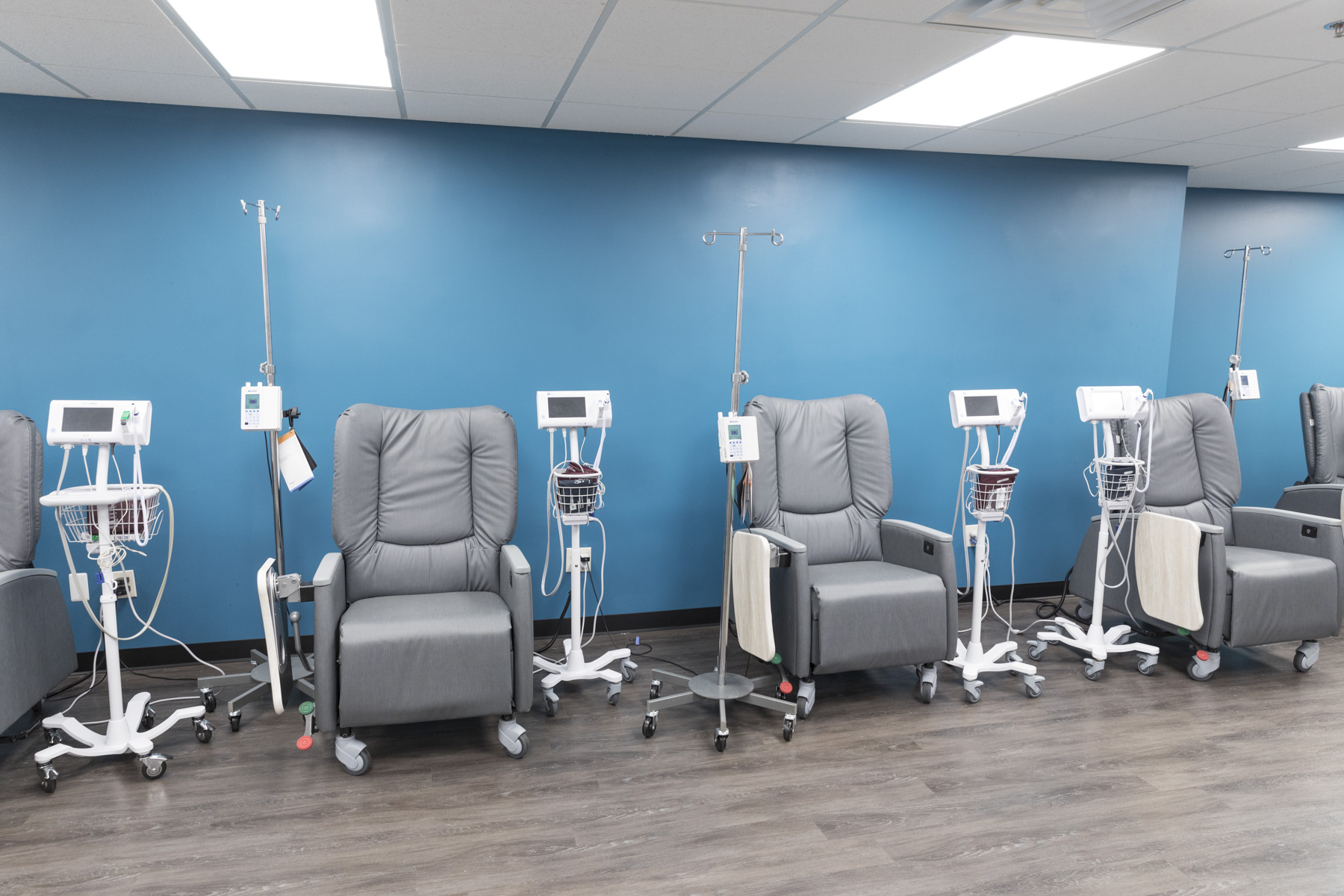
Diagnostics & Imaging
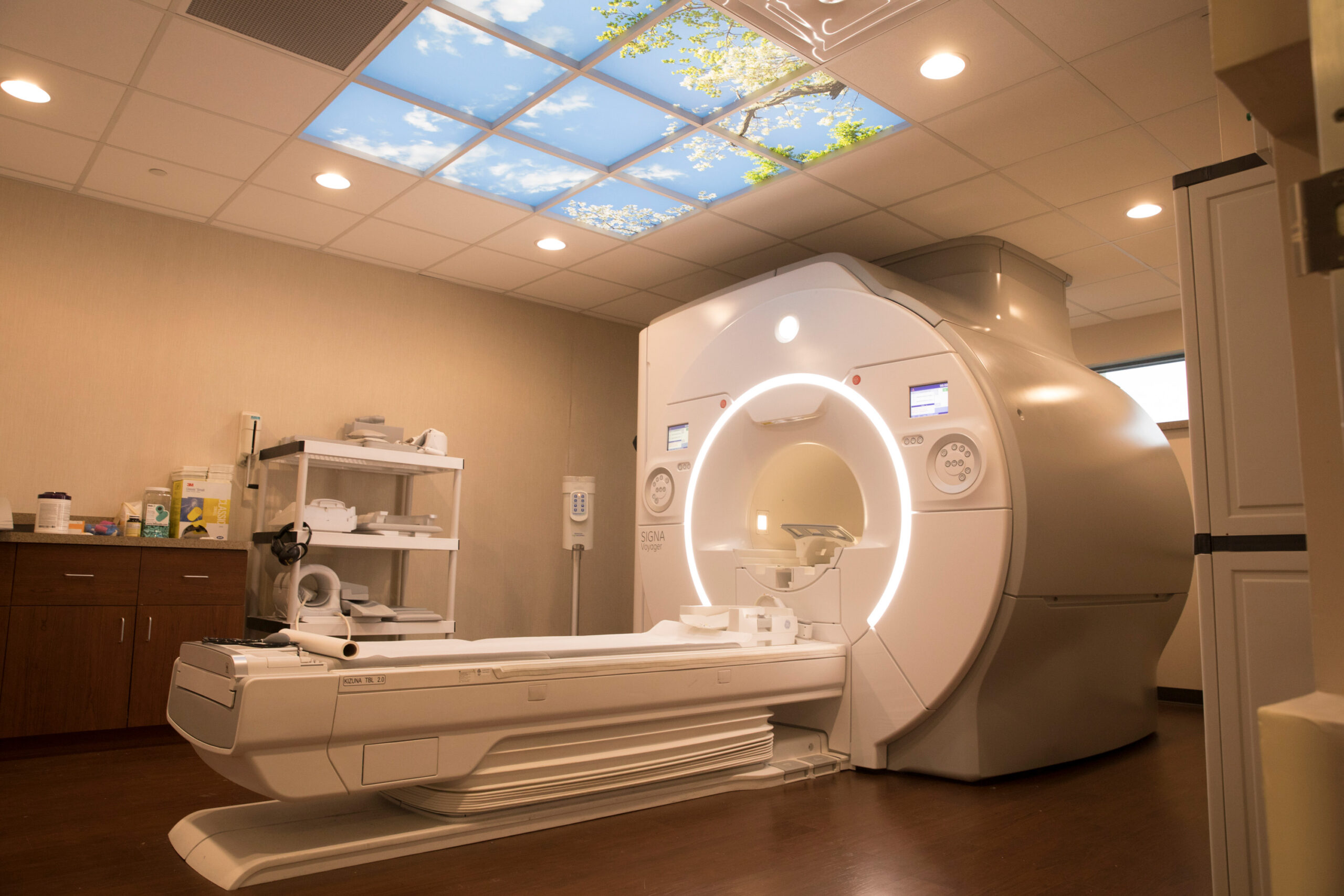
EMG
THE EMG measures the conduction potential of nerves, as well as the electrical activity response of muscles to the nerve cells that control them. The EMG helps neurologists diagnose patients with disorders of the nerves and muscles, including neuropathy, tingling and numbness, muscle pain or weakness, sciatica and other neuromuscular disorders. Conditions studied through EMG include muscular dystrophy, myasthenia gravis, amyotrophic lateral sclerosis (ALS-Lou Gehrig’s disease), herniated disks and carpal tunnel syndrome.
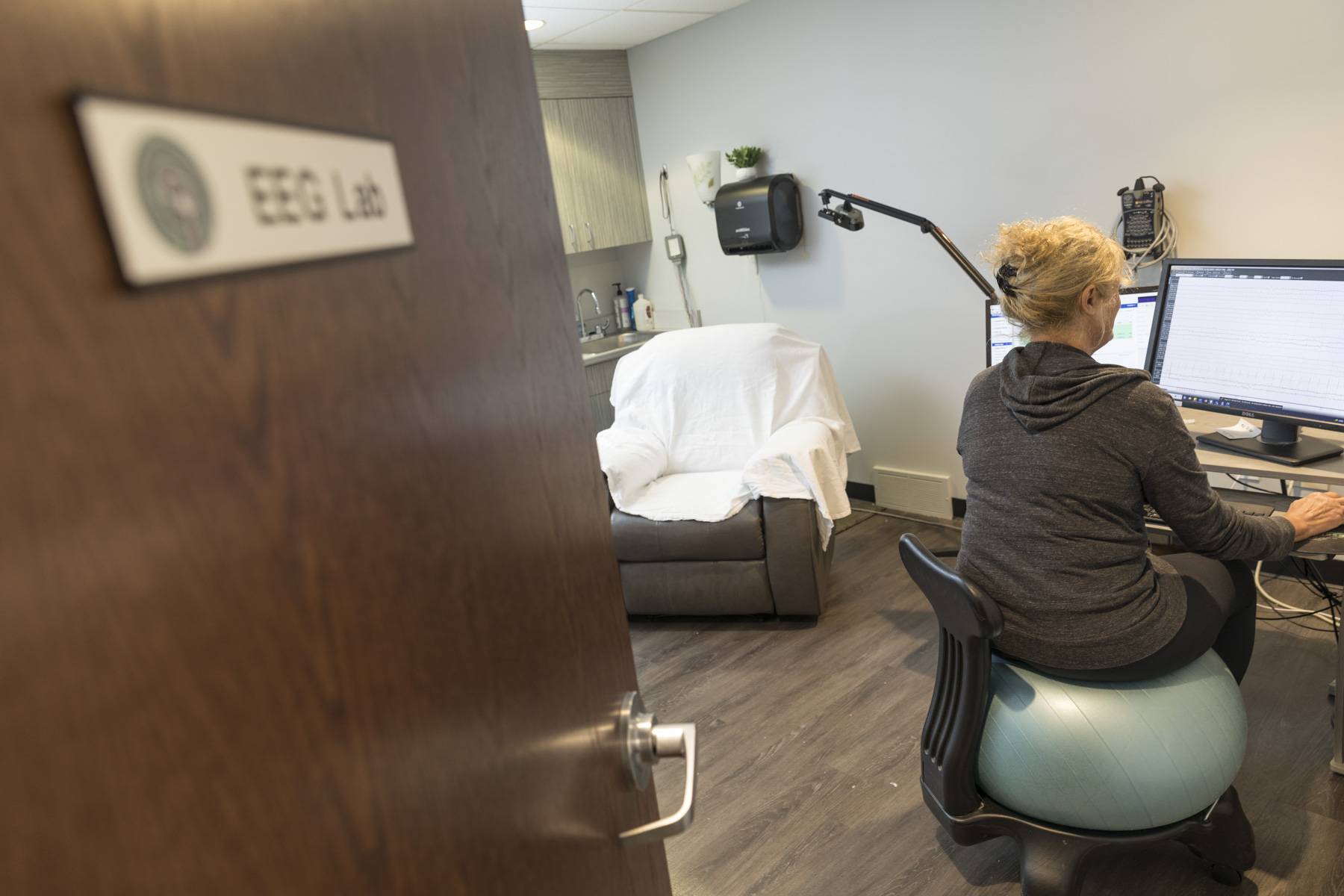
MRI
Magnetic resonance imaging, or MRI, is the most advanced imaging technology available. It allows your doctor to see inside the body without X-rays or surgery. MRI uses harmless magnetic and radio frequency waves to examine muscles, fat and internal organs. It produces clear and extremely detailed pictures, or images, that assist your doctor in making a more complete diagnosis.
OCT
Optical Coherence Tomography (OCT) is a non-invasive imaging test that uses light waves to take cross-section pictures of the retina, the light-sensitive tissue lining the back of the eye. With OCT, each of the retina’s layers can be seen, allowing a specialist to map and measure their thickness, as well as the thickness of optic nerve. This helps with early detection, diagnosis and treatment guidance of retinal and optic nerve conditions that include glaucoma, macular issues, diabetes-related issues and tumors of the retina.
EEG
The EEG, which measures the electrical activity of the brain, can be used to diagnose seizures, tumors or delayed development, and is used in evaluation of conditions that include headaches, dizziness and fainting, concussions and traumatic brain injuries, and memory loss and dementias, including Alzheimer’s disease.

